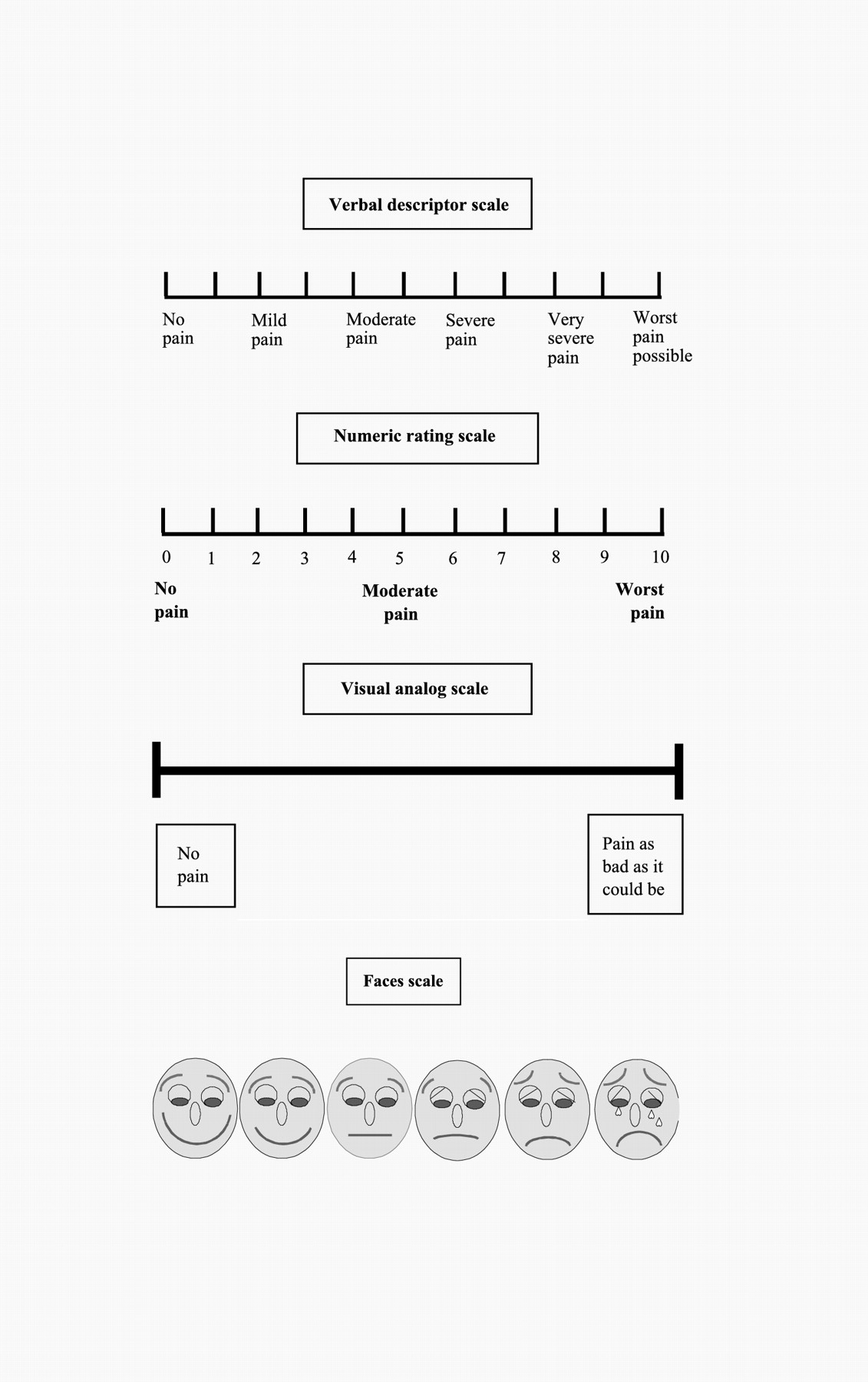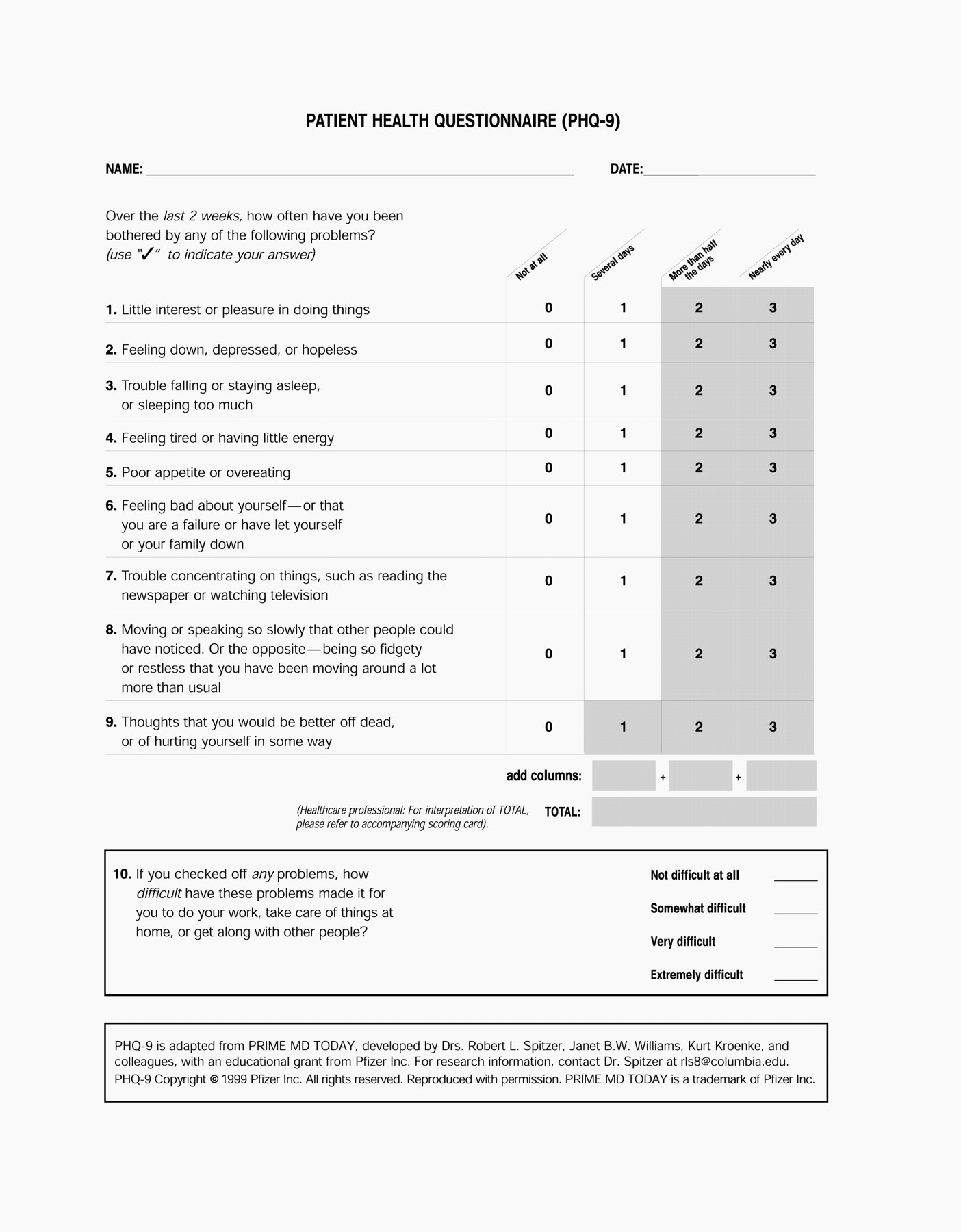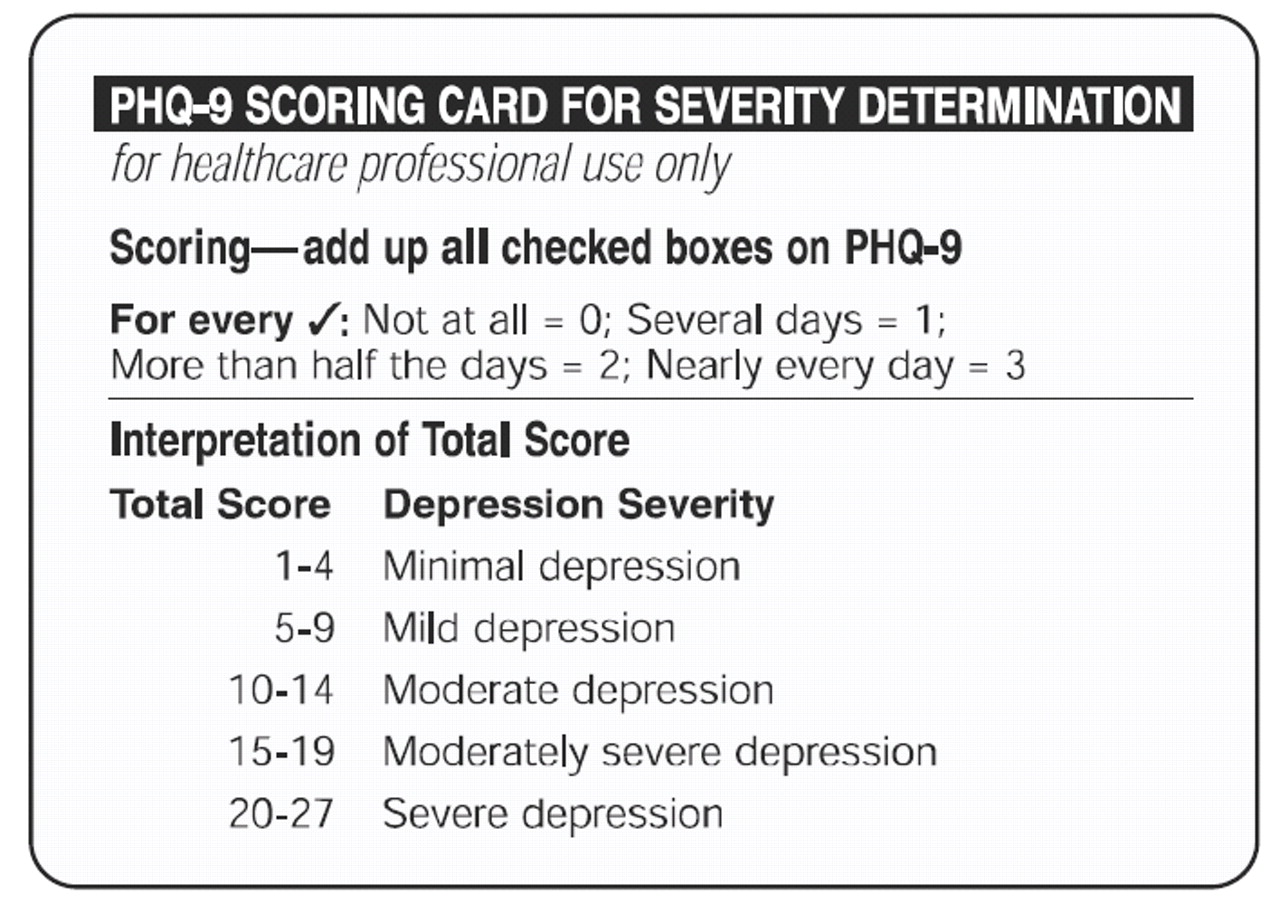Quick Reference for Psychosomatic Medicine
| Drug Interactions | Effect |
|---|---|
| Antipsychotics | |
| Alcohol | Intensifies CNS depression |
| Amphetamines | Antagonizes efficacy |
| Antacids | Decreases neuroleptic absorption |
| Anticholinergics | Additive anticholinergic effects |
| Antihypertensivesa | Hypotension |
| Barbiturates | Decreases neuroleptic levels |
| Epinephrinea | Hypotension |
| Levodopa | Antagonizes levodopa efficacy |
| Lithium | Increases neurotoxicity |
| MAOIsa | Hypotension |
| TCAs | Increases TCA plasma levels |
| BZs | |
| Alcohol (and other CNS depressants) | Intensifies CNS depression |
| Alcohol (acute) | Increases BZ levels |
| Alcohol (chronic) | Decreases BZ levels |
| Antacids | Decreases BZ levels |
| Cimetidineb | Increases BZ levels |
| Disulfiramb | Increases BZ levels |
| SSRIs | Increases BZ levels |
| Isoniazidb | Increases BZ levels |
| Oral contraceptivesb | Increases BZ levels |
| Rifampinb | Decreases BZ levels |
| Tobacco/nicotineb | Decreases BZ levels |
| Carbamazepine (induces CYP450 3A3/3A4) | |
| Alprazolam | Decreases alprazolam levels |
| Cimetidine | Increases carbamazepine levels |
| Clonazepam | Decreases clonazepam levels |
| Diltiazem, verapamil | Increases carbamazepine levels |
| Erythromycin | Increases carbamazepine levels |
| Isoniazid | Increases carbamazepine levels |
| Phenobarbital | Decreases carbamazepine levels |
| Phenytoin | Decreases carbamazepine levels |
| Primidone | Decreases carbamazepine levels |
| Propoxyphene | Increases carbamazepine levels |
| SSRIs | Increases carbamazepine levels |
| Valproate | Decreases valproate levels |
| Lithium | |
| Acetazolamide | Decreases lithium levels |
| Antipsychotics | Increases neurotoxicity |
| Beta-blockers | Decreases tremor |
| Carbamazepine | Increases lithium effects |
| Captopril, enalapril | Increases lithium levels |
| Cyclosporine | Markedly increases lithium levels |
| Diltiazem, verapamil | Increases lithium toxicity |
| Methyldopa | Increases lithium toxicity |
| Potassium iodide | Enhances hypothyroid effects |
| Tetracycline | Increases lithium levels |
| Thiazide diuretics | Increases lithium levels |
| SSRIs | |
| BZsb | Increases BZ levels |
| Carbamazepine | Increases carbamazepine levels |
| Antipsychotics | Increases neuroleptic levels |
| TCAs | Increases TCA levels |
| MAOIs | |
| Alcohol | Additive CNS depression |
| Clomipramine | Serotonin syndrome |
| SSRIs | Serotonin syndrome |
| Meperidine | Serotonin syndrome |
| Phenothiazine | Hypotension |
| Succinylcholine | Prolongs muscle relaxation |
| Tyramine | Potential hypertensive crisis |
| Sympathomimetic drugs (amphetamine, cocaine, dopamine, ephedrine, epinephrine, metaraminol, norepinephrine, phenylpropanolamine, phenylephrine) | Potential hypertensive crisis |
| TCAs | |
| Alcohol | Additive CNS depression |
| Anticholinergics | Additive anticholinergic effects |
| Antihypertensives (guanethidine, clonidine, debrisoquin) | Increases hypertension |
| Antipsychotics | Increases TCA plasma levels |
| BZs | Additive CNS depression |
| Class I antiarrhythmics (disopyramide, lidocaine, quinidine, procainamide) | Prolongs cardiac conduction |
| Liothyronine | Enhances antidepressant action |
CNS=central nervous system; MAOI=monoamine oxidase inhibitor; TCA=tricyclic antidepressant; BZ=benzodiazepine; SSRI=selective serotonin reuptake inhibitor; CYP450=cytochrome P450
a Phenothiazines (chlorpromazine, thioridazine, and mesoridazine)
b Except oxazepam, lorazepam, alprazolam, and temazepam
Source: Rundell JR, Wise MG: Concise Guide to Consultation Psychiatry, 3rd ed, Washington, DC, American Psychiatric Press, 2000, pp 176–178
| Acute Pain | Recurrent/Chronic Pain |
|---|---|
| Visual analog scale or numeric rating scale | Visual analog scale, McGill Pain Questionnaire |
| Medication use | Medication use |
| Observer rating | Observer rating |
| Pain diary | |
| West Haven–Yale Multidimensional Pain Inventory | |
| Psychological measures |
Source: Leo RJ: Concise Guide to Pain Management for Psychiatrists, Washington, DC, American Psychiatric Press, 2003, p 50

| Assess pain |
| Assess intervening variables that affect pain |
| Prognosticate (consider factors that might influence pain, treatment compliance, and effects of treatment) |
| Determine problem areas for the patient |
| Establish a treatment approach |
| Delineate goals of treatment |
| Reassess treatment efficacy |
| Make modifications in the treating plans as necessary |
Source:Leo RJ: Concise Guide to Pain Management for Psychiatrists, Washington, DC, American Psychiatric Press, 2003, p 8


| Proxy consent of next of kin |
| Adjudication of incompetence; appointment of a guardian |
| Institutional administrators or committees |
| Treatment review panels |
| Substituted consent of the court |
| Advance directives (living will, durable power of attorney, health care proxy) |
| Statutory surrogates (spouse or court-appointed guardian)a |
a Medical statutory surrogate laws (when treatment wishes of the patient are unstated)
Source: Simon RI, Schindler BA, Levenson JL: Legal issues, in The American Psychiatric Publishing Textbook of Psychosomatic Medicine. Edited by Levenson JL. Washington, DC, American Psychiatric Publishing, 2005, p 43
| 1. Do you and your partner argue a lot? Does it ever get physical? Has either one of you hit the other? Has either one of you injured the other? |
| 2. Do you ever feel unsafe at home? |
| 3. Has anyone hit you or tried to injure you in any way? |
| 4. Has anyone ever threatened you or tried to control you? |
| 5. Have you ever felt afraid of your partner? |
| 6. Is there anything particularly stressful going on now? How are things at home? |
| 7. I see patients in my practice who are being hurt or threatened by someone they love. Is this happening to you? Has this ever happened to you? |
Source:Onyike CU, Lyketsos CG: Aggression and violence, in The American Psychiatric Publishing Textbook of Psychosomatic Medicine. Edited by Levenson JL. Washington, DC, American Psychiatric Publishing, 2005, p 184
Information & Authors
Information
Published In
History
Authors
Metrics & Citations
Metrics
Citations
Export Citations
If you have the appropriate software installed, you can download article citation data to the citation manager of your choice. Simply select your manager software from the list below and click Download.
For more information or tips please see 'Downloading to a citation manager' in the Help menu.
View Options
View options
PDF/EPUB
View PDF/EPUBGet Access
Login options
Already a subscriber? Access your subscription through your login credentials or your institution for full access to this article.
Personal login Institutional Login Open Athens loginNot a subscriber?
PsychiatryOnline subscription options offer access to the DSM-5-TR® library, books, journals, CME, and patient resources. This all-in-one virtual library provides psychiatrists and mental health professionals with key resources for diagnosis, treatment, research, and professional development.
Need more help? PsychiatryOnline Customer Service may be reached by emailing [email protected] or by calling 800-368-5777 (in the U.S.) or 703-907-7322 (outside the U.S.).

